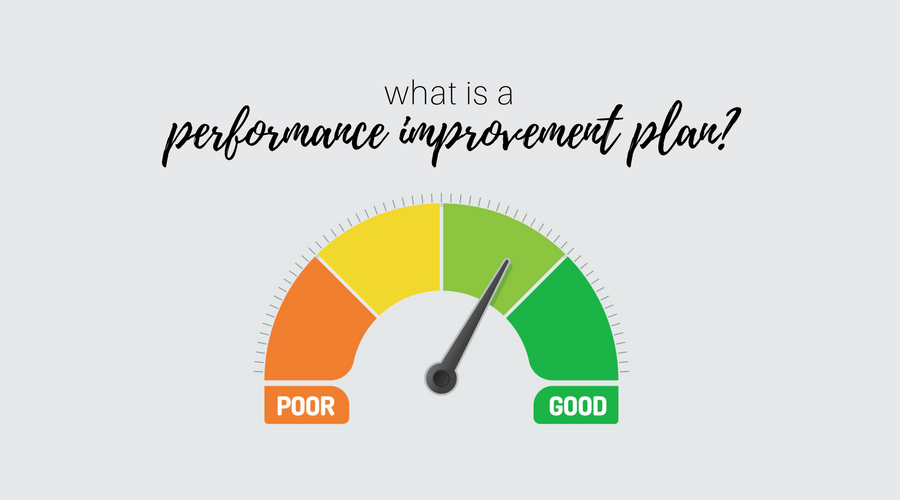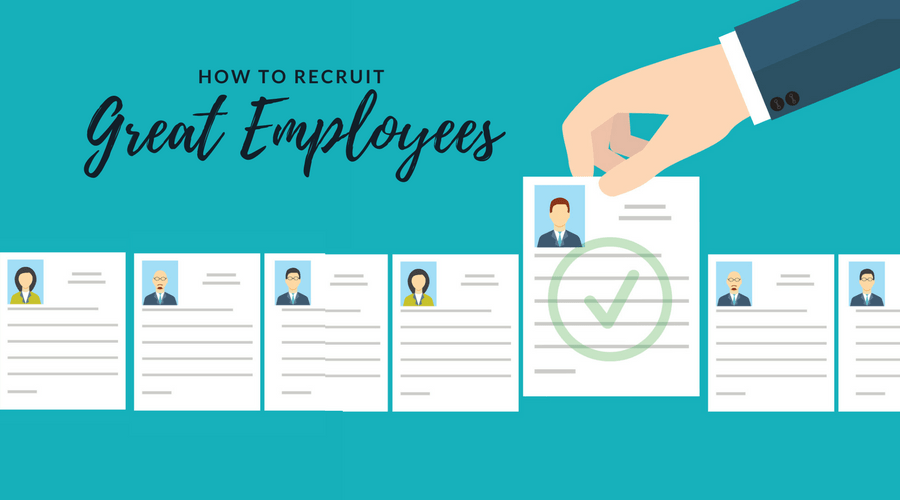5 Tips for Conducting an Effective Exit Interview

Sadly, good employees leave sometimes. When a member of your small business team quits, an exit interview can help you learn why. Although it can be difficult to hear criticism, you gain valuable information that can help you retain the rest of your staff.
Ideally, your workers will feel comfortable coming to you whenever they have a problem or concern. But, committed staff members might withhold complaints to avoid conflict, so you can learn a lot from someone who’s leaving. Keep reading to learn five tips for conducting effective exit interviews.
1. Think of an exit interview as a learning experience
Ideally, the person leaving will view an exit interview as an opportunity to be honest about their experiences. If you think of it as a learning experience can help you remain calm, even if your former worker makes hurtful comments.
- You’ll learn how your managers are doing. There’s an old phrase, “People quit their boss, not their job.” During an exit interview, you may learn that you or other leadership are too overbearing or have poor management styles. Read also: How to Be a Better Manager: 8 Areas to Improve
- You’ll discover whether your employees are confident in you. You might learn that your team doesn’t think your company will be around much longer.
- You’ll uncover problems in your company’s culture. A perceived toxic atmosphere can be stressful for your team. Read also: 10 Signs Your Company Culture is Crumbling
- You’ll learn whether there are growth opportunities. People often leave because they don’t feel like there are enough opportunities for growth, including promotions, raises, and continuing education.
- You’ll have a chance to repair bridges. Exit interviews are an opportunity to make peace with your former worker. By letting them air their grievances, you’re making sure the problems don’t escalate. You can also ensure they don’t spread their negativity to other staff members.
- You’ll gather valuable information for changing your company. After the exit interview, you can make changes to address any concerns. The changes can include improving recruitment to ensure new employees are a good fit, adjusting the training and education programs, or working toward changing the workplace culture.
2. Pick your timing carefully
Schedule the interview with enough time to review the worker’s file and for the person leaving your company to collect their thoughts and prepare any questions. Often, exit interviews occur a week or two before or after the team member has left.
However, if the staff member leaves on good terms, consider holding the exit interview a few months after they’ve left. This will give them time to settle into their new position and compare their experiences with your company to those with their new employer.
3. Keep the interview friendly
Choose a non-threatening location that’s away from prying eyes and ears. Then, explain that there won’t be any negative consequences for speaking honestly.
Once you’re in the interview, keep the conversation friendly and casual – you’re there to learn, not criticize. Try not to interrupt or be defensive, no matter what the employee says. If the person starts naming people, try to change the conversation to something more productive.
4. Be thorough
Ask follow-up questions, especially if you’re unsure what the worker meant. You’re there as an interpreter, so give them the chance to elaborate to uncover the real problems. Consider asking questions like:
- What did you enjoy most about working here?
- What has been your overall experience with the company and your team?
- Would you recommend a friend to work for us? Why or why not?
- What could use improvement? How would you improve it?
- Did you share your concerns with anyone in the company before this? What was the response?
- Why did you start looking for a new job?
- What does your new job offer that we don’t?
- Did you feel that management gave you enough feedback and support?
- Did you feel comfortable talking to management?
- Did you feel like your ideas and opinions were valued?
- Were there policies or requirements that made your job difficult to do?
- Did you feel you were part of the company’s mission and goals?
- Did you receive enough on-the-job training?
- What are the key qualities and characteristics we should look for in your replacement?
- Do you have any comments that could help us become a better company?
5. Act on the feedback
Throughout the interview, take extensive notes instead of trusting your memory. Afterward, go through the information you’ve gathered to decide how to act on it. You might not need to act on everything you learned, so sit down with your remaining staff to discuss the issues and determine where to prioritize change. Read also: 7 Tips for Creating a Feedback-Rich Culture


